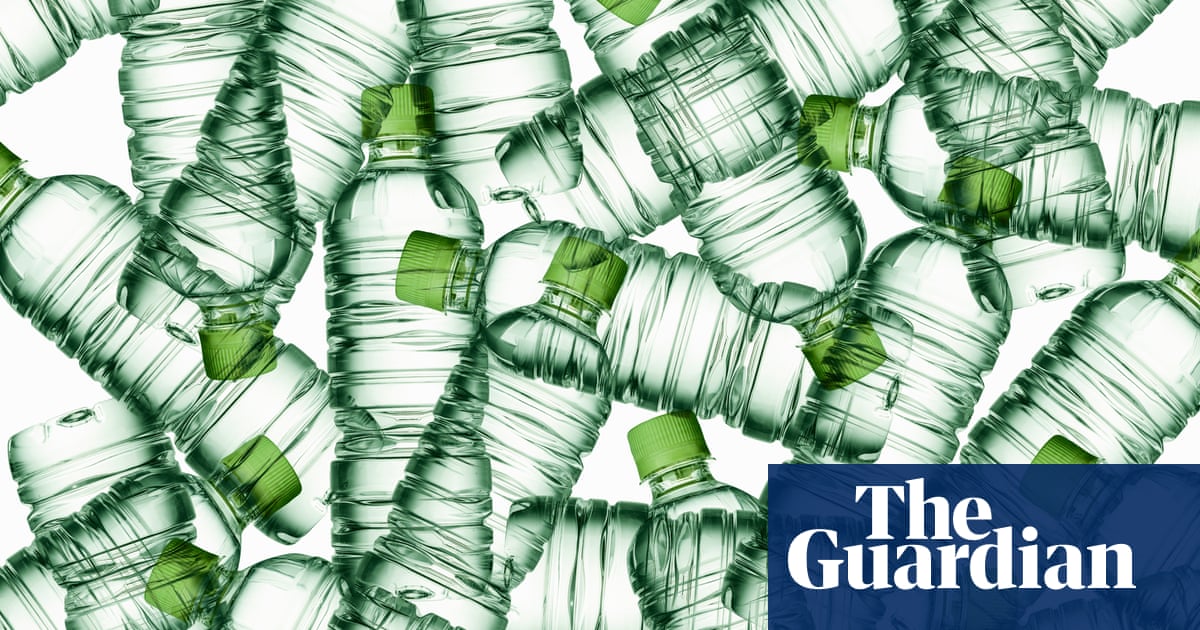Mineral water from several European nations has been found for the first time to be contaminated with TFA, a type of PFAS “forever chemical” that is a reproductive toxicant accumulating at alarming levels across the globe.
The finding is startling because mineral water should be pristine and insulated from manmade chemicals. The contamination is thought to stem from the heavy application of pesticides containing TFA, or compounds that turn into it in the environment, which are used throughout the world.
Pesticide Action Network Europe detected TFA in 10 out of 19 mineral waters, and at levels as much as 32 times above the threshold that should trigger regulatory action in the European Union. The findings underscore the need for “urgent action”, the paper’s authors wrote, and come as authorities there propose new limits for some TFA pesticide products.



Taken from like the 3 rd link in the guardian article and it leads to this page; https://www.pan-europe.info/resources/briefings/2024/12/tfa-‘forever-chemical’-european-mineral-waters?utm_source=Laposta&utm_campaign=Press+Release+32&utm_medium=email
Thank you.
Just want to clarify your position here … you seem to be saying that a recognized forever chemical mostly used in pesticides in the EU, which is due to have its limits dropped in 2026, isn’t causing any problems currently because the EU hasn’t forced the limits to be dropped now?
main source appears to be decomposition of fluorinated refrigerants, not breakdown of pesticides
The evidence agrees with you.
https://www.eenews.net/articles/youve-probably-never-heard-of-this-forever-chemical-scientists-say-its-everywhere/
Nope, nothing of the sort. I’m just wondering why the tone of the message from the guardian isn’t in line with the source it cites. They literally say « is ok » so what should be the take away?
Limits are too loose? If so what are good limits to look for? Is it a call to drop bottled water? But then what about city water which isn’t measured as far as I can read; is it better? (I doubt given late incidents in Belgium where water tables were contaminated by local industries).
So what can I do? I’m growing incredibly tired of drama for which nothing can be done at my level.
At least in Germany tap water is more tightly regulated than bottled water.
Still, from the article; « Additionally, mineral water is less contaminated with TFA than tap water on average. »
Sooooo… maybe it is more regulated but tests seems to indicate that it’s still more contaminated -in general.
No, the source doesn’t say “it’s ok”. The source does state that the EU has put new, much lower limits on the chemical but they don’t go into effect until 2026.
This; « complies with most of the current human health guideline values set by various authorities in the EU, even with a high daily consumption of 2 litres » for someone not professionally involved means « is ok ». The authorities in the EU literally say « it complies ».
There are additional limits but from what I can read those re precautions not necessarily coming from health guidelines but from other sciences. Most likely very welcomed precautions though but it still says « complies today ».
Also you are avoiding my main concern which is « then what should I do? ».
We can play semantics the whole afternoon and in the end I agree with the idea that unwanted chemicals must be removed from my food & drinks; but then what? We stop drinking ?
What did you do when you heard about PFAS/PFOS contamination?
You’re not fucking Gandalf, stop answering questions by more questions.